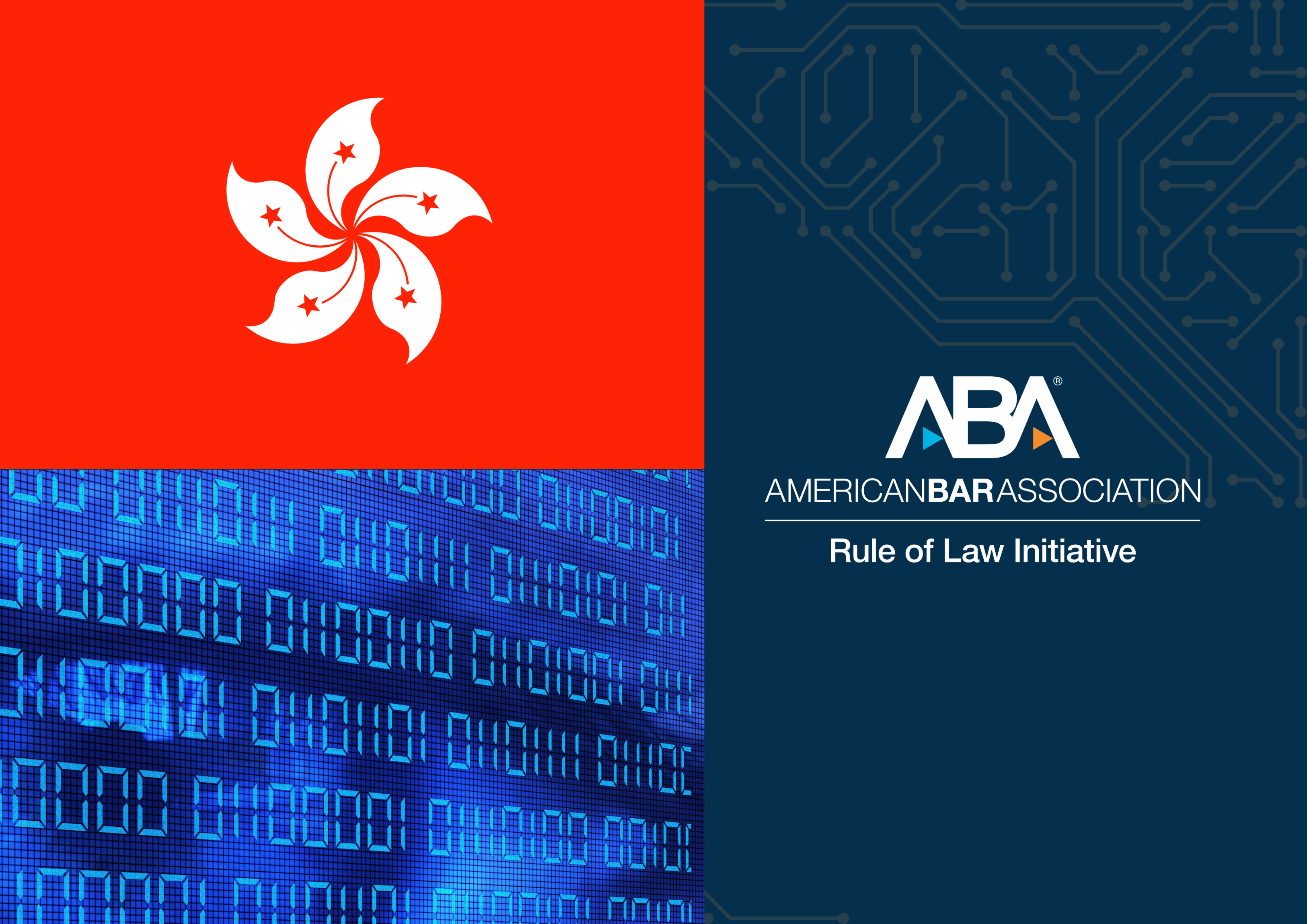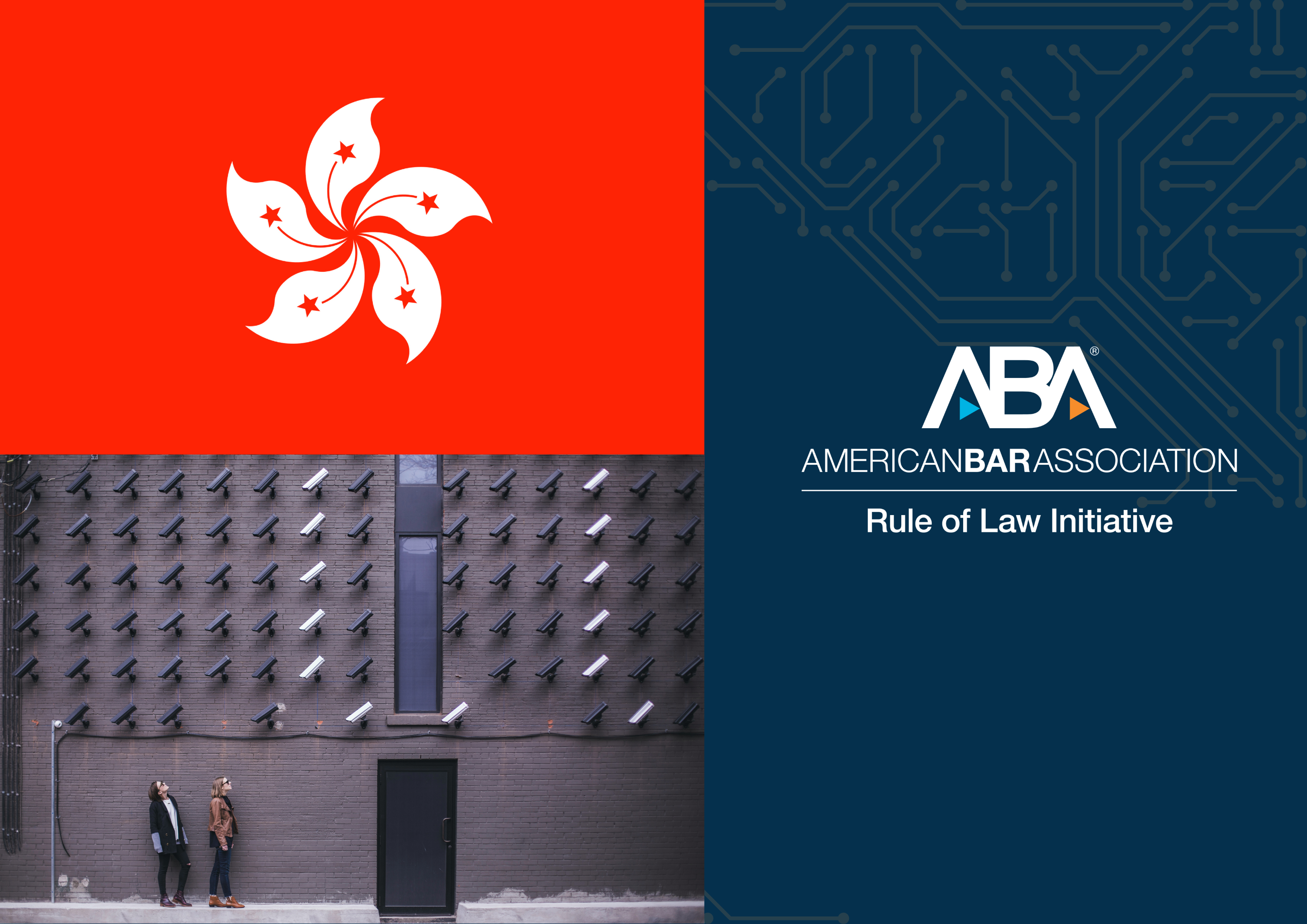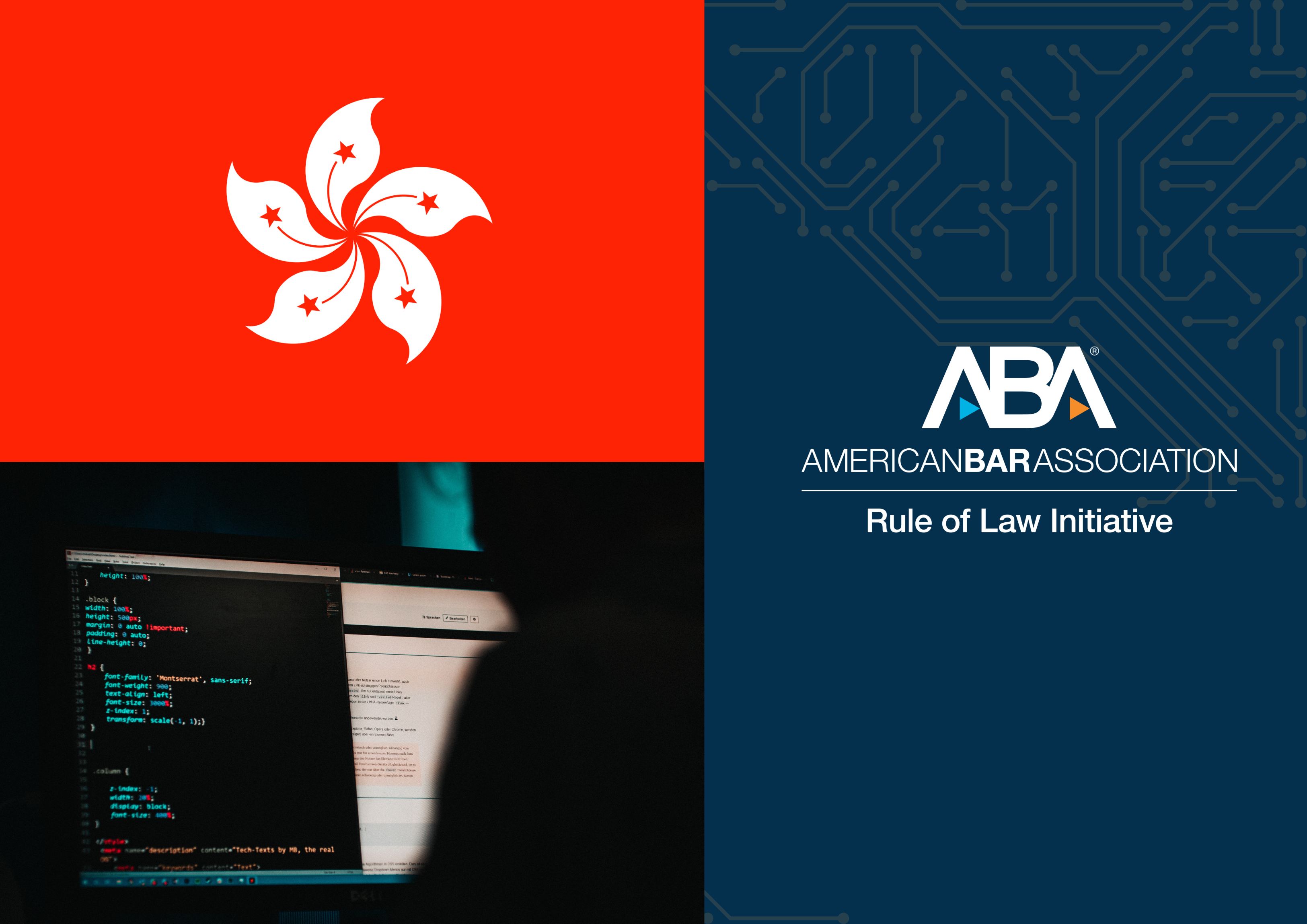
This course is specially designed especially those who rely heavily on the Internet and third-party services in their daily business. With the promulgation of laws such as the Hong Kong National Security Law (to be implemented in 2020) and the "Maintenance of National Security Ordinance" (to be implemented in 2024), network users, network service providers and network platform providers are facing unprecedented information security challenges. This course is designed to provide them with an in-depth understanding of the impact of these laws on freedom of information, data protection and business operations. By participating in this course, overseas Hong Kong residents will learn how to properly manage their information security risks under the new situation of the Hong Kong National Security Law and the upcoming "Maintenance of National Security Ordinance" (i.e., Article 23 of the Basic Law).
The course will provide practical guidance to help students better understand the details of legal enforcement and prosecution and teach them how to take effective measures to mitigate the potential risks these laws bring to daily business operations and ensure that they are safe when using the Internet and relying on third-party services. Under such circumstances, data security and information freedom can still be guaranteed.

The module will cover innovative data privacy frameworks deployed in national legislations around the globe, such as data sandboxes, data trusts, privacy seals, and certification schemes. It will also give an overview of alternative data governance mechanisms that are not mainstream yet, but have the potential to democratize data sharing processes, such as data trusts, data cooperatives, data commons, data collaboratives and data marketplaces. The module examines case law on privacy in the digital environment and legitimate restrictions on the right to privacy through data protection, cybersecurity, cybercrime, and digital surveillance or ICT laws and policies.
Objectives of the module:
After the completion of this module, the training participants will be able to:
- Define and understand the legitimate restrictions on the right to privacy through data protection, cybersecurity, cybercrime, and digital surveillance or ICT laws and policies.
- Define and comprehend innovative data privacy frameworks deployed in national legislations around the globe.
- Get acquainted with key legal areas related to data privacy protection, and case law on privacy in the digital environment.

This module will define what the right to privacy is, explain its importance in securing other human rights, and explain the difference between data privacy and data protection. This includes understanding current international definitions for critical concepts such as personal privacy, networked privacy, digital privacy, and data protection, and how they are different but interrelated. Each module features videos, case studies, and activities for training participants embedded in each section.
Objectives of the module:
After the completion of this module, the training participants will be able to:
- Define and understand the right to privacy and its connection with other human rights.
- Grasp the difference between data privacy and data protection.
- Define and understand concepts such as personal privacy, networked privacy, digital privacy.
- អ្នកគ្រប់គ្រង: Marry Ollado

This module will give an overview of the key international and regional (Southeast Asia) human rights legal instruments and documents that pertain to the right to privacy in the digital environment. The module will also analyze and present sample privacy and data protection legislation and regulations from around the world that adapt international and regional frameworks to local jurisdictions, such as the EU data governance framework and the data governance frameworks of Singapore, the UK, the US, South Africa, Brazil, and China. The module will also look at examples of data privacy and protection authorities around the globe. Each module features videos, case studies, and activities embedded in each section.
Objectives of the module:
After the completion of this module, the training participants will be able to:
- Define and understand the key international and regional (Southeast Asia) human rights legal instruments and documents that pertain to the right to privacy in the digital environment.
- Define and understand good practices regarding privacy and data protection legislation and regulations from around the world that adapt international and regional frameworks to local jurisdictions.
- Get acquainted with examples of data privacy and protection authorities.
- អ្នកគ្រប់គ្រង: Marry Ollado

The module will cover innovative data privacy frameworks deployed in national legislations around the globe, such as data sandboxes, data trusts, privacy seals, and certification schemes. It will also give an overview of alternative data governance mechanisms that are not mainstream yet, but have the potential to democratize data sharing processes, such as data trusts, data cooperatives, data commons, data collaboratives and data marketplaces. The module examines case law on privacy in the digital environment and legitimate restrictions on the right to privacy through data protection, cybersecurity, cybercrime, and digital surveillance or ICT laws and policies.
Objectives of the module:
After the completion of this module, the training participants will be able to:
- Define and understand the legitimate restrictions on the right to privacy through data protection, cybersecurity, cybercrime, and digital surveillance or ICT laws and policies.
- Define and comprehend innovative data privacy frameworks deployed in national legislations around the globe.
- Get acquainted with key legal areas related to data privacy protection, and case law on privacy in the digital environment.
- អ្នកគ្រប់គ្រង: Marry Ollado
